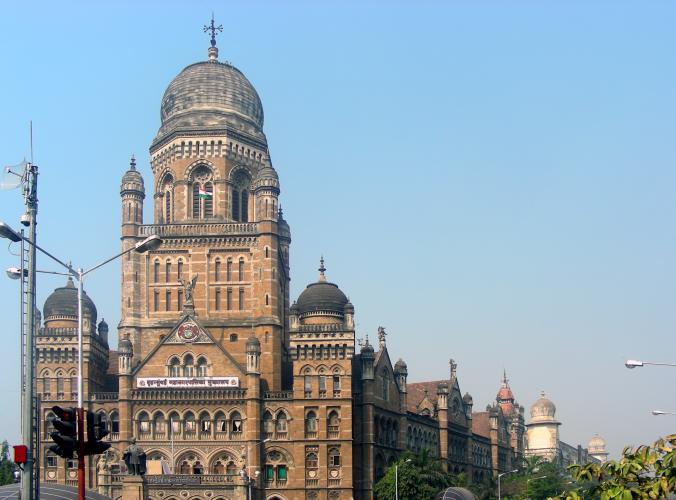
The projection of a five-member Central team that Covid-19 cases in Mumbai will grow to over 6.5 lakh by May 15 (6,56,407 is the precise figure reported) is alarming to say the least. Informally, there are other experts who say that Mumbai is only beginning to see the brunt of Covid-19 and the worst is yet to come. We need worst-case predictions if only to help us all prepare for it, while hoping that that stage will never be reached. In the midst of war, it’s good to prepare for the worst even while we hope for the best. To the extent that it helps us prepare for difficult times, the report of the Central team is okay though one must question the precision with which numbers have been offered, as if the models are the last word on the pandemic. No model is.
The numbers being bandied are amazing indeed: “the shortage of isolation beds without oxygen support will be a staggering 4,83,385, and shortage of ICU beds will be 27,688 while the shortage of ventilators will be 13,636.” If this is so, then we might ask what is the Centre doing to bridge the gap, pull out all resources and come to the aid of a city that is known to be the financial centre of India and drives, above all else, the highest taxes?
But what is not to be welcomed, and indeed must be called out, is what seems to be an attempt to show the State government and the Municipal Corporation of Greater Mumbai (MCGM) in poor light.
The report by the Central team, which does not criticise the government of Uddhav Thackeray but lets the model-obtained numbers do the talking, comes after some other events that have strained relations at the political level. Taken together, they give the feeling that the Centre has got the State in a pincer. A similar deterioration in relations between the Centre and the West Bengal government gives it the colour of a strong BJP-ruled Centre taking on the non-BJP ruled States. This must stop at all costs. It amounts to playing politics while lives are being lost.
This is not to argue that the State government is the best or that the MCGM can’t do better. We agree that the local administration needs to tone up even more. But at the same time, this administration will collapse if it is not supported and in fact swamped with numbers that can shock and force the team to spend time defending itself rather than fighting the war where all of its resources must be trained.
The MCGM is led by Praveen Pardeshi, who has cut his teeth in disaster relief. We must hold him and the team under him to account but only after he is supported and given all that he needs to deliver.
Some damage control happened when the Central team Wednesday night reportedly praised the containment strategy in the Worli-Koliwada area of Mumbai as a model for the rest of the country. But that comes only after the shock of a report that said in Mumbai: “the shortage of isolation beds without oxygen support will be a staggering 4,83,385, and shortage of ICU beds will be 27,688 while the shortage of ventilators will be 13,636.” If this is so, then we might ask what is the Centre doing to bridge the gap, pull out all resources and come to the aid of a city that is known to be the financial centre of India and drives, above all else, the highest taxes?
The MCGM is led by Praveen Pardeshi, who has cut his teeth in disaster relief. This writer has seen the then youngish Pardeshi as the Collector and District Magistrate at work in the field at the time of the horrific earthquake in Latur in 1993. He has handled other disasters since then, as part of a UN mission. We must hold him and the team under him to account but only after he is supported and given all that he needs to deliver. To do this the right way, politicking must end.
The picture used with this column is sourced from: https://commons.wikimedia.org/wiki/File:Mumbai_BMC_headquarters_edit1.jpg



